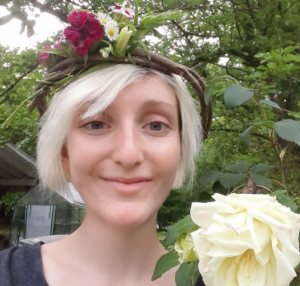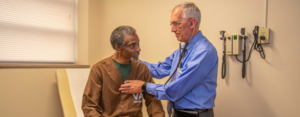
Hey there! I’m Joanne, an MPH student in the Global Health concentration. Born and raised in Minneapolis, I completed a BA in biology & geography in 2016 and worked in healthcare information technology (IT) as a project manager for 5 years before moving to North Carolina to attend the Gillings School of Public Health. For my summer practicum, I am working on a pilot research study with Dr. Tim Daaleman at UNC Family Medicine, and in collaboration with the national Respite Care Providers Network, that aims to investigate Medical Respite Care (MRP) for persons experiencing homelessness (PEH).
Medical respite refers to short term residential acute or post-acute care for PEH who are not ill enough to be hospitalized, but also cannot support themselves on their own. It occurs in nursing homes, homeless shelters, transitional housing, and freestanding facilities. Although there are approximately 120 MRP facilities in 25 different states, there is little research or existing guidelines about how to effectively measure MRP quality and PEH care experiences. Our team aims to develop a protocol and collect mixed methods data to investigate the relationship between MRP characteristics and care experience outcomes. Specifically, I am conducting individual interviews and surveys with MRP staff, providers, and patients, and writing a protocol paper, documenting our process for data collection and analysis.

I am excited about this opportunity, because I have little qualitative research experience, and none in my area of professional interest – working with marginalized populations. Also, I will be working on an interdisciplinary team of public health professionals and providers that will provide guidance, mentorship, and feedback throughout the process. Altogether, this practicum allows me to delve into the complicated world of healthcare access and quality for PEH, an underserved and ignored population that I would like to continue to work with throughout my public health career.
-Joanne

